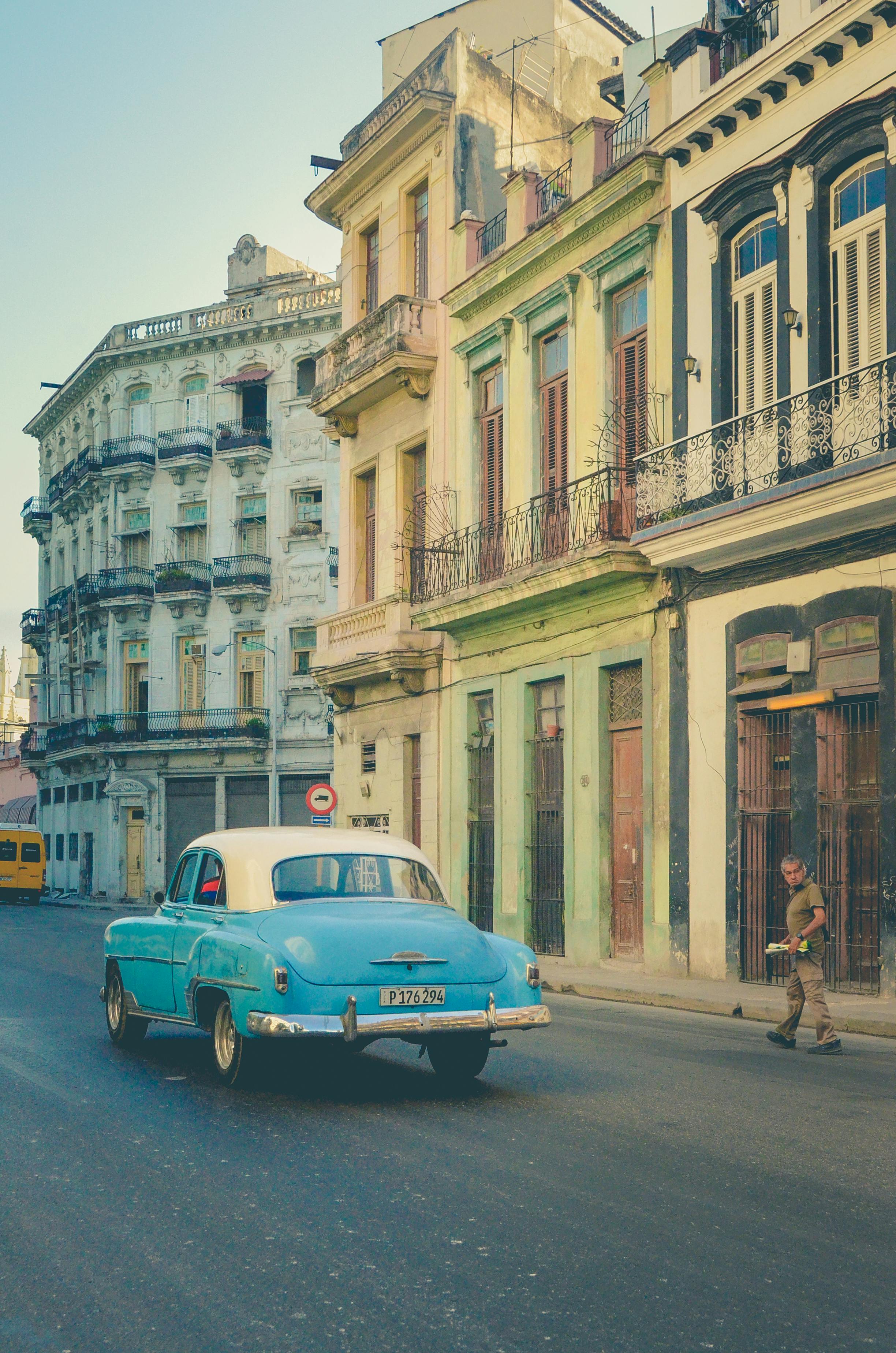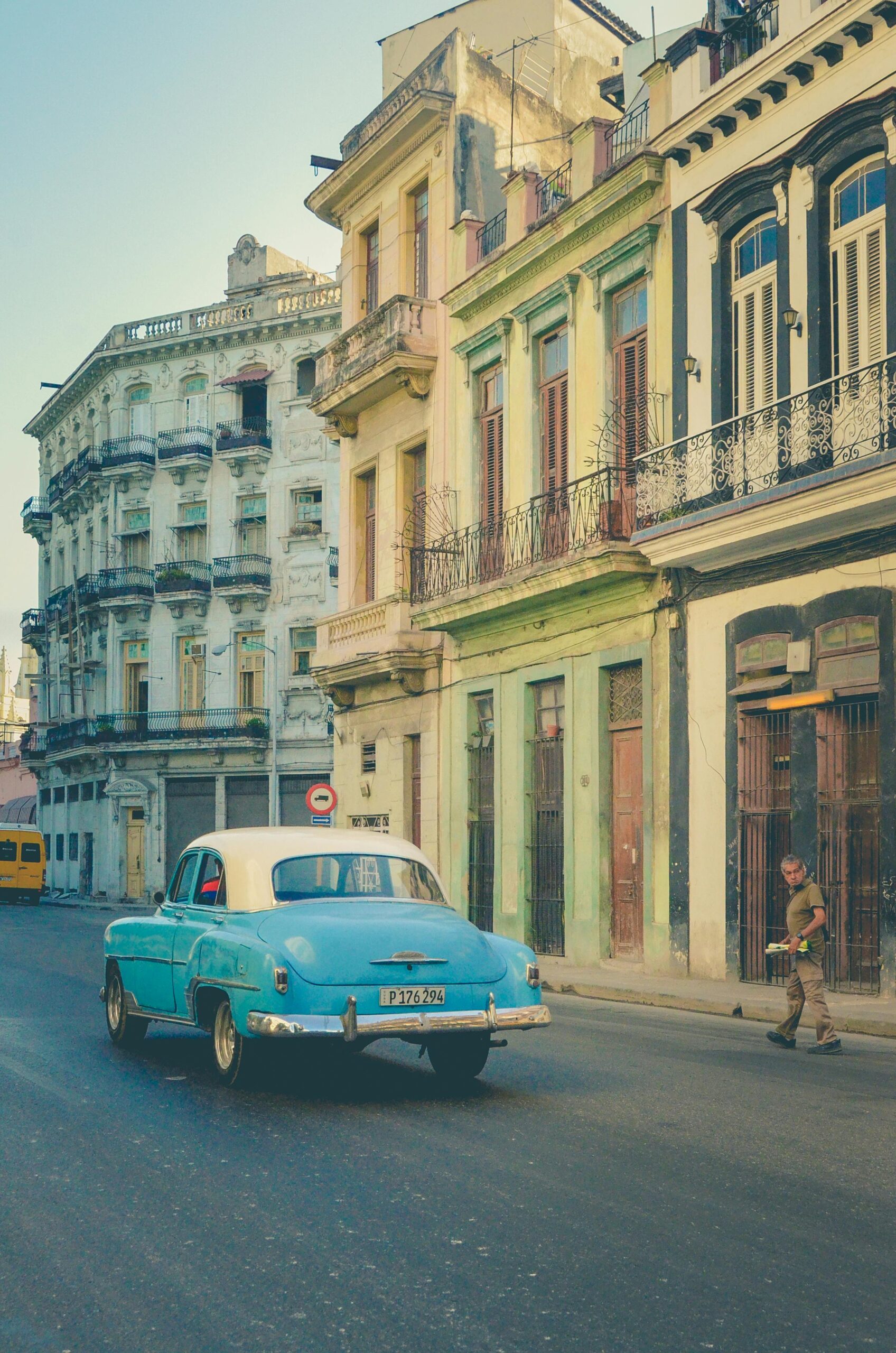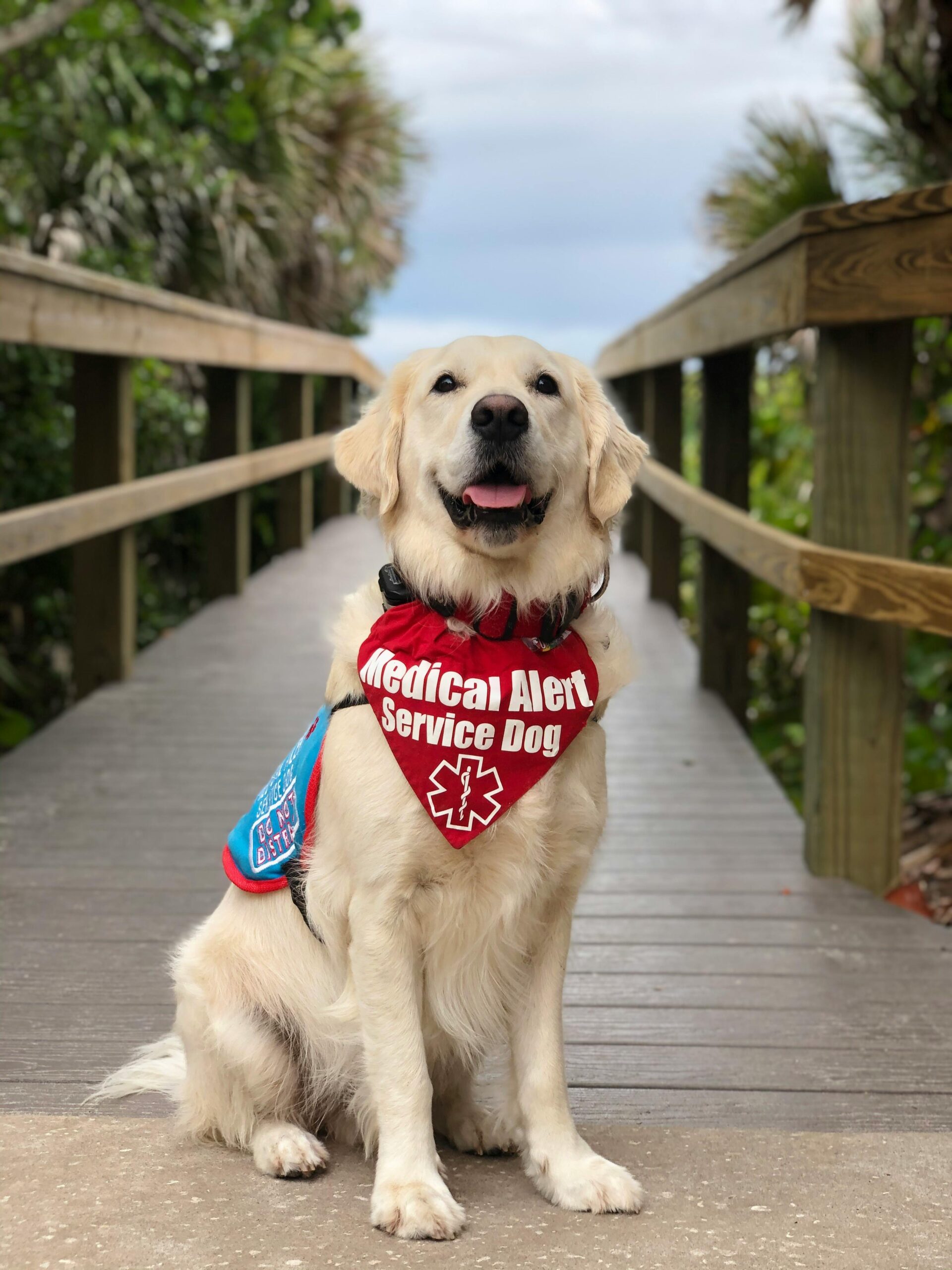
Cuba is an island full of vibrant culture, rich history, and stunning natural beauty. Whether you’re planning to explore the capital city of Havana, the white sandy beaches of Varadero, or the mountains of Viñales, there are countless amazing experiences awaiting you in this Caribbean paradise. This guide will walk you through essential Cuba travel tips to make your trip smooth and enjoyable while respecting the local culture and your personal preferences.
1. Understanding Cuba’s Culture
When you visit Cuba, you are stepping into a country with a unique cultural blend. The Cuban people are known for their warmth and hospitality, so it’s important to approach your travels with an open mind. The country has a long history influenced by Spanish colonization, African heritage, and revolutionary ideals, all of which have shaped its cultural landscape. Knowing some key aspects of Cuba’s culture will help you connect with locals and understand the country better.
2. Best Time to Visit Cuba
Cuba is a year-round destination, but the best time to visit is during the dry season, which runs from November to April. During this period, you can expect pleasant weather with warm temperatures and minimal rainfall, making it ideal for outdoor activities such as sightseeing, hiking, and exploring the beaches.
If you’re looking to avoid the crowds, consider traveling during the shoulder seasons in late spring or fall. However, keep in mind that Cuba can be humid and warm year-round, so packing light, breathable clothing is essential.
3. Transportation Tips
Getting around Cuba can be an adventure in itself. The public transportation system in Cuba is not as developed as in other countries, so you’ll need to plan accordingly.
- Taxis: Taxis are widely available in Cuba, but be sure to agree on the fare before starting your ride. For a more authentic experience, you can also try the “classic cars” that serve as taxis in many cities.
- Buses: The Viazul bus service is a popular option for travelers moving between major cities. It’s reliable and affordable but tends to be crowded, especially during peak tourist seasons.
- Private Transport: Renting a car is possible but can be expensive and challenging for foreign visitors. Many prefer hiring private drivers for more flexibility.
4. Currency and Money in Cuba
Cuba has a unique currency system. There are two main currencies: the Cuban Peso (CUP) and the Cuban Convertible Peso (CUC). However, the country has been transitioning to using only the Cuban Peso, so it’s important to familiarize yourself with the current situation before your trip.
Foreign visitors can exchange their money at official exchange offices or at hotels, but avoid changing money on the street to prevent fraud. Credit cards from U.S.-based banks are not accepted in Cuba, so be sure to carry enough cash for your trip.
5. What to Pack for Your Cuba Trip
Packing for Cuba depends on the activities you plan to do and the season. Here are some essential items to include in your luggage:
- Comfortable walking shoes: You’ll likely be doing a lot of walking, especially if you’re exploring cities like Havana or the countryside.
- Sunscreen and sunglasses: The Cuban sun can be intense, so protect yourself from UV rays.
- Light clothing: Pack lightweight, breathable clothes to stay cool in Cuba’s tropical climate.
- Medication: While Cuban pharmacies offer basic medications, it’s a good idea to bring any necessary prescriptions or over-the-counter items with you.
6. Food and Dining in Cuba
Cuba offers a variety of local dishes that reflect the country’s cultural heritage. While dining out, you’ll find a mix of traditional Cuban food, influenced by Spanish, African, and Caribbean cuisines.
Some dishes you may want to try include:
- Frijoles Negros: Cuban black beans, a staple in many meals, offering rich flavor when cooked with spices.
- Plátanos Maduros: Sweet fried plantains, commonly served as a side dish.
- Vegetable Stews: Enjoy hearty vegetable-based stews, often seasoned with local herbs and spices, which make for a delicious and satisfying meal.
As a reminder, always ensure that your food options align with your dietary preferences, as Cuba offers a wide range of restaurants that can accommodate different tastes and needs.
7. Safety and Health Tips for Traveling to Cuba
Cuba is generally considered a safe destination for travelers, but like any place, it’s important to stay vigilant. Here are some tips to ensure your safety:
- Stay in reputable accommodations: Whether you’re staying in a hotel or a private “casa particular” (Cuban guesthouse), make sure it’s a well-reviewed property.
- Keep your belongings secure: Petty theft can happen, so always keep an eye on your valuables, especially in crowded areas.
- Health insurance: It’s a good idea to have travel insurance that covers health-related issues while abroad. Medical facilities in Cuba can vary in quality, so be prepared for emergencies.
8. Things to Do in Cuba
Cuba offers a wide range of activities that cater to every type of traveler. Here are some top things to do during your visit:
- Explore Havana’s Historic Center: The capital city of Cuba, Havana, is a UNESCO World Heritage site. Take a stroll along the Malecón, explore the colonial architecture in Old Havana, and visit landmarks like the Plaza de la Revolución.
- Relax on Cuba’s Beaches: Cuba is known for its beautiful beaches, such as Varadero, Playa Ancón, and Guardalavaca. These pristine stretches of coastline are perfect for sunbathing, swimming, and water sports.
- Hike in Viñales: The Viñales Valley, located in the western part of Cuba, is a UNESCO World Heritage site known for its stunning landscapes and tobacco farms. It’s an ideal destination for hiking, horseback riding, and exploring caves.
- Visit the Museum of the Revolution: For a deeper understanding of Cuba’s history, visit the Museum of the Revolution in Havana, which is housed in a former presidential palace.
9. Respecting Local Customs
While traveling in Cuba, it’s essential to respect local customs and traditions. Cubans are known for their pride in their country and culture, so showing appreciation for their history, music, and art will go a long way. Be mindful of your actions and try to learn a few basic Spanish phrases to engage with locals in a respectful manner.
Cuba is a destination that offers something for everyone, from its historic cities to its stunning beaches and lush countryside. By following these travel tips, you can ensure a rewarding and memorable visit to this incredible island.
Must-Have Items for a Stress-Free Travel Experience
Traveling, whether for business or pleasure, can sometimes feel overwhelming. With so many things to consider—from security lines to packing and everything in between—having the right tools and accessories can make all the difference. The right items can help you stay organized, comfortable, and prepared for anything that comes your way during your journey. These must-have items are designed to ease your travel experience. With the right preparation, you’ll feel more relaxed and ready to enjoy your trip from start to finish. Let’s take a look at some essentials that every traveler should have on hand!
Keep tabs on your belongings with a smart luggage tracker. This handy device connects to your smartphone, providing real-time updates on the location of your suitcase.
Ensure you’re always connected with a portable Wi-Fi hotspot. This device offers reliable internet access, making it easy to navigate and stay connected throughout your trip.
Protect your passport and personal information with an RFID-blocking passport cover. This accessory helps safeguard your data from electronic pickpocketing.
Be ready for Quebec City’s unpredictable weather with a compact travel umbrella. Choose one that’s durable and easily fits in your bag for quick access during rain showers.
Keep your devices charged on the go with a high-capacity portable power bank. Look for one with multiple charging ports to power up your phone, camera, and other gadgets.
Capture your memories and experiences with a travel journal. A dedicated space for jotting down thoughts and observations will help you relive your adventures long after your trip.
Ensure your suitcase is easily identifiable with a durable luggage ID tag. This tag allows you to attach your contact information securely, making it easier to retrieve your luggage if it gets lost.
Click the blue letters to get these amazing items and make your adventure unforgettable! Don’t miss out on the best products to enhance your journey—order now and be prepared for your next experience!

Read Next: Traveling: Essential Tips to Protect Your Home While You’re Away
Photo By Dimitri Dim on Pexels and Canva
Disclosure:
Some of the links in this article are affiliate links. This means that if you click on these links and make a purchase or sign up, I may earn a small commission at no additional cost to you.
As a Shabbat and Biblical feast keeper, I strive to observe my faith fully. To help me adhere to these principles, I kindly ask that you use the affiliate links just before or after the relevant dates. This way, we can all honor the commandment to refrain from work and avoid making others work on those days. Your support in this matter is greatly appreciated. Thank you for your understanding!




